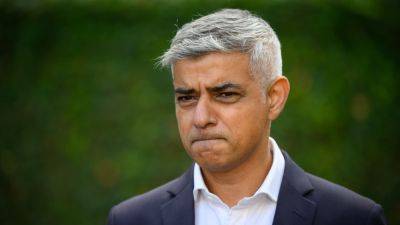Calls To Increase Defence Spending Could Clash With Labour's Tight Fiscal Rules
Labour has made a commitment to tight fiscal rules a core part of the offering to voters they hope will propel them to Government at the next general election, but they could make it difficult to deliver an increase to defence spending.
Starmer has pledged that Labour would raise defence spending to 2.5 per cent of GDP when economic conditions allow if Labour wins the next election, mirroring the Government’s figure and timeline for funding.
But having also promised to mirror Prime Minister Rishi Sunak’s promise to reduce public debt as a percentage of GDP, if they reach Downing Street Labour could be met with the same criticism levelled at the current government that an increase to defence spending is needed sooner than these restrictions allow, and that a greater percentage would be needed to revive depleted armed forces – especially in light of inflation.
Edward Arnold, a Senior Research Fellow at defence think tank RUSI, told PoliticsHome a future Labour Government could find it as difficult as the current administration to “unlock” funds for defence.
“At the moment the difficulty is the tight control over fiscal rules and policy announcements. Labour will criticise the current Government for their cuts, but they won’t go as far to say they would reverse them,” he said.
One major challenge facing the Ministry of Defence (MoD) is retention in the armed forces which will prove costly to rectify. Last year more army personnel left the forces compared to those it recruited, according to a UK Parliament report. In only six of the last 23 years has the net flow of people coming in to the military has been greater than those leaving.
“It's not just as simple as we need 15-20,000 more soldiers,” Arnold continued. “It has to be







